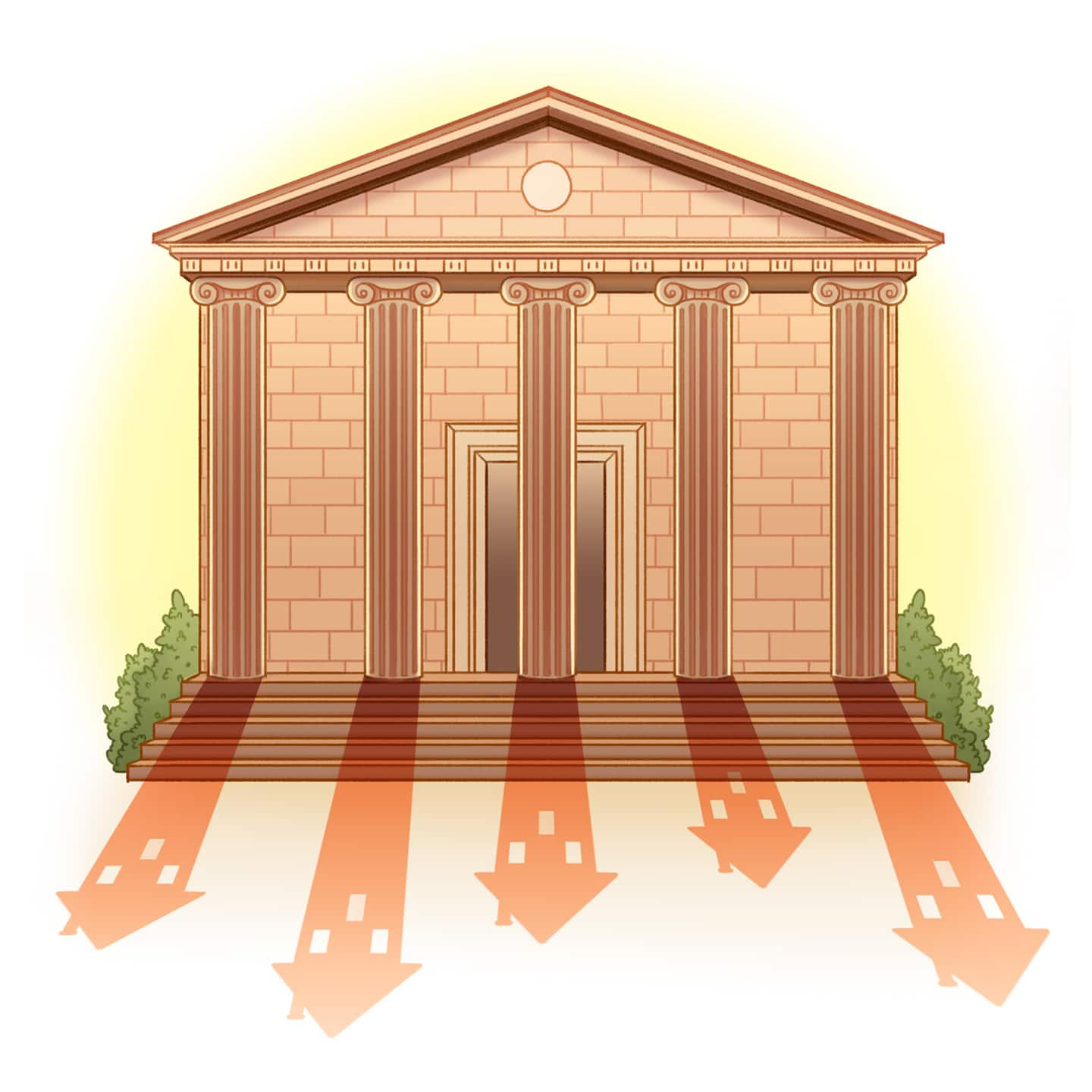Mortgage rates dip as investors await actions of new administration

Freddie Mac, the federally chartered mortgage investor, aggregates rates from about 80 lenders nationwide to come up with weekly national average mortgage rates. It uses rates for high-quality borrowers with strong credit scores and large down payments. These rates are not available to every borrower.
Because the survey is based on home purchase mortgages, rates for refinances may be different. This is especially true because the price adjustment for refinance transactions took effect in December. The adjustment is 0.5 percent of the loan amount (e.g., it is $1,500 on a $300,000 loan) and applies to all Fannie Mae and Freddie Mac refinances.
The 15-year fixed-rate average slid to 2.21 percent, with an average 0.6 point. It was 2.23 percent a week ago and 3.04 percent a year ago. The five-year adjustable rate average sank to 2.8 percent, with an average 0.4 point. It was 3.12 percent a week ago and 3.28 percent a year ago.
“Mortgage rates fell this week, as economic and pandemic-related uncertainty halted an upward trend,” said Matthew Speakman, a Zillow economist. “After months of barely budging, rates rose significantly in early January at their strongest pace since the spring. But that upward momentum has since dissipated, and it appears that fears of an extended, more substantial spike in rates have diminished — at least for now.”
“Stocks are pretty euphoric, and bonds are lower right now following incoming treasury secretary Janet Yellen’s ‘go big’ comments regarding the upcoming stimulus package,” said Elizabeth Rose, sales manager at AmCap Mortgage in Dallas. “The stimulus will have an impact on bonds and mortgage rates in the weeks ahead.”
Speakman expects rates to hover about where they are in the near term and says a return to record-low rates is remote.
“Absent significant disappointments in key economic data, pandemic-related developments, or disruptions in the plans for additional fiscal relief spending, it’s unlikely that mortgage rates will trend much lower,” he said. “But the ongoing uncertainty in all three of those areas has also held rates in check and will likely prevent them from heading significantly higher anytime soon.”
Bankrate.com, which puts out a weekly mortgage rate trend index, found the experts it surveyed evenly divided on where rates are headed in the coming week. A third say they will go up, a third say they will go down, and a third say they will stay the same.
Gordon Miller, owner of Miller Lending Group in Cary, N.C., predicts rates will rise, albeit slightly.
“We could be looking at a volatile week with market reactions to the inauguration and any resulting disruptions that may occur,” he said. “With more talk about a large stimulus package and inflation, we may see a slight upward trend in rates this week, although any movement should be minor.”
Meanwhile, the sharp rise in mortgage rates last week caused applications to retreat. According to the latest data from the Mortgage Bankers Association, the market composite index — a measure of total loan application volume — decreased 1.9 percent from a week earlier. The purchase index rose 3 percent from the previous week and was 15 percent higher than a year ago. The refinance index fell 5 percent but was 87 percent higher than a year ago. The refinance share of mortgage activity accounted for 72.3 percent of applications.
“The strong momentum the housing market experienced during the second half of 2020 has carried into 2021,” said Bob Broeksmit, MBA president and chief executive. “First-time buyers and homeowners trading up to new, larger homes continue to spur purchase activity, which last week climbed to the highest level in over 12 years. Although the recent uptick in mortgage rates hasn’t slowed prospective buyers, refinances cooled last week but are still significantly higher than last January.”






